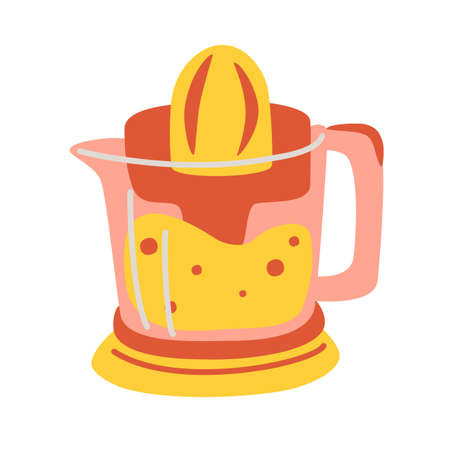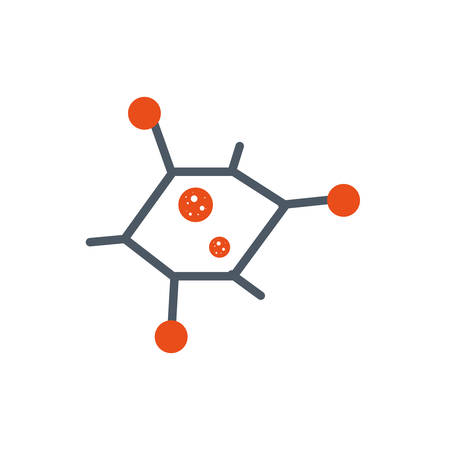A Comprehensive Guide to NHS and Private Rehab Services in the UK: Understanding Your Options
Introduction to Rehabilitation Services in the UKWhen facing the journey of recovery—whether from substance misuse, injury, or long-term illness—understanding your rehabilitation options in the UK is essential. The landscape of rehab services is diverse and designed to address the unique needs of each individual. There are two primary routes for accessing rehab support: through the…








